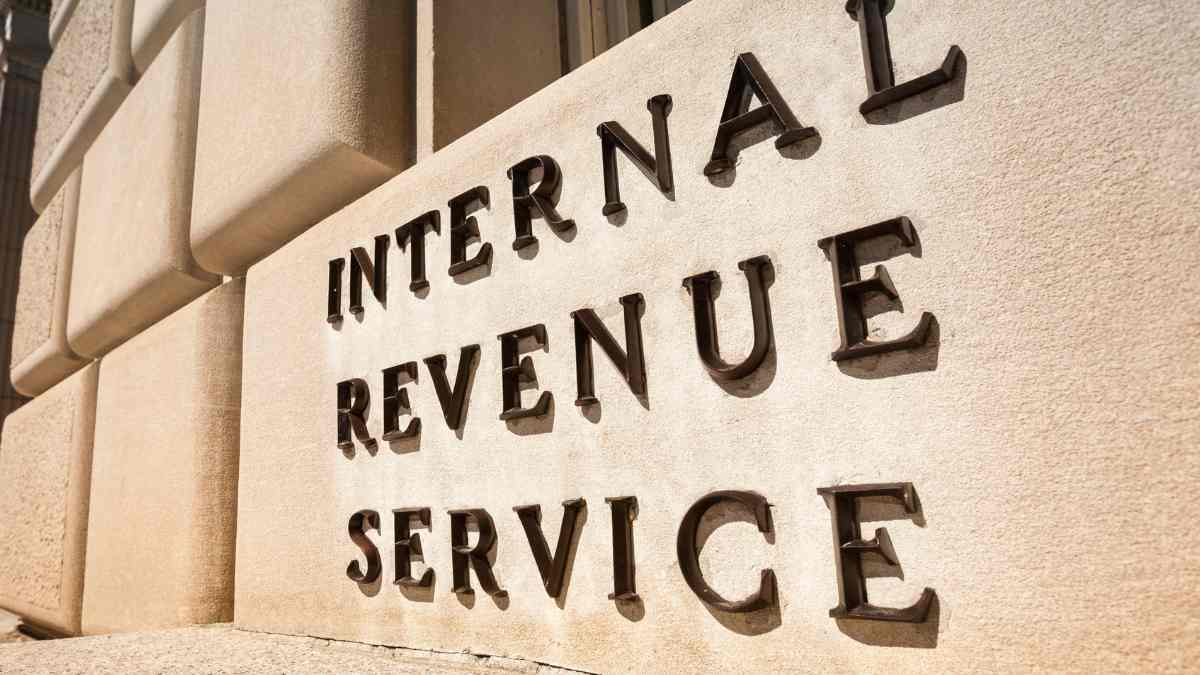The Internal Revenue Service (I.R.S.) has recently issued three new scam alerts, including one that could potentially affect almost every taxpayer. The first alert warns about a new scam involving the purchase of clean energy tax credits.
According to the IRS, some “unscrupulous” tax return preparers are “misrepresenting” the rules for these tax credits, which are part of the Inflation Reduction Act commonly known as IRA.
IRS explain how IRA works
The IRS explains that the IRA includes transferability provisions, allowing the purchase of “eligible federal income tax credits from investments in clean energy to offset a buyer’s tax liability.”
“This is another example where scammers are trying to use the complexity of the tax law to entice people into claiming credits they’re not entitled to,” said Internal Revenue Service Commissioner Danny Werfel.
He emphasized that taxpayers should be aware of the fact that promoters pushing dubious credits like this and others. The IRS is monitoring this scam closely and urges people to consult a reputable tax professional before claiming complex credits like clean energy.
- Stay Informed: Always stay updated on the latest IRS alerts and warnings.
- Verify the Source: Ensure that your tax preparer is reputable and knowledgeable about current tax laws.
- Consult Professionals: When in doubt, seek advice from certified tax professionals.
By staying vigilant and informed, you can protect yourself from falling victim to these scams and ensure you are claiming only the credits you are entitled to.
The IRS has issued a warning about a new scam targeting car dealers and sellers through phishing and smishing attacks. This advisory follows recent news of ransomware attacks targetting car dealerships, where cybercriminals are attempting to deceive victims into clicking suspicious links and providing personal and financial information.
Understanding the Threat
Scammers often impersonate the IRS to gain the trust of their victims. According to the IRS, phishing scams involve “an email sent by fraudsters claiming to come from a legitimate source.” The email tempts the victims into the scam with a variety of tricks, such as enticing victims to provide sensitive information.”
What is Smishing?
Smishing, on the other hand, involves either a text or smartphone SMS. Basically, it is a message where scammers often use threatening language such as, ‘Your account has now been put on hold,’ or ‘Unusual Activity Report,’ with a bogus ‘Solutions’ link to restore the recipient’s account.”
How to Protect Yourself
- Never answer to phishing or smishing messages, and avoid clicking on any URL links.
- Never open any attachments, as they may contain malicious code that can infect your computer or mobile phone.
- If you inadvertently click on a suspicious link and enter confidential information, visit the IRS’ identity protection page for guidance.
- Forward the full email headers or the email itself to phishing@irs.gov. Avoid sending screenshots or scanned images of the email, as this removes valuable information.
- Delete the original email to prevent further risks.
Alert for Tax Professionals
The IRS has also issued a third scam alert specifically for tax professionals. They are advised to remain vigilant for “new and evolving” schemes that could compromise sensitive client information.
Staying informed and cautious is crucial in protecting yourself and your business from these sophisticated scams. Always verify the source before sharing any personal or financial information.
The IRS has identified several tactics that thieves are using to steal personal information. These methods include impersonating new clients, sending phishing emails to capture personal data, and executing elaborate scams through texting and calling.
Protecting Yourself from Identity Theft
According to IRS Commissioner Danny Werfel, “As the Security Summit partners have continued to improve our defenses against identity theft, thieves have upped their game by targeting tax professionals to get valuable information needed to file authentic-looking tax returns.”
Common Scams to Watch Out For
Tax professionals, in particular, need to be vigilant against a variety of deviously clever scams. These scams can take many forms, including:
- Pretending to be a new client
- Communications that appear to be from the IRS or other entities within the tax community
Werfel emphasizes, “We continue to see tax professionals bombarded by these scams, and people shouldn’t let their defenses down.”
Stay alert and protect your personal information to avoid falling victim to these sophisticated schemes. Make sure you know how scammers want to steal your money or even your identity, learn more about the latest IRS warning in the USA




